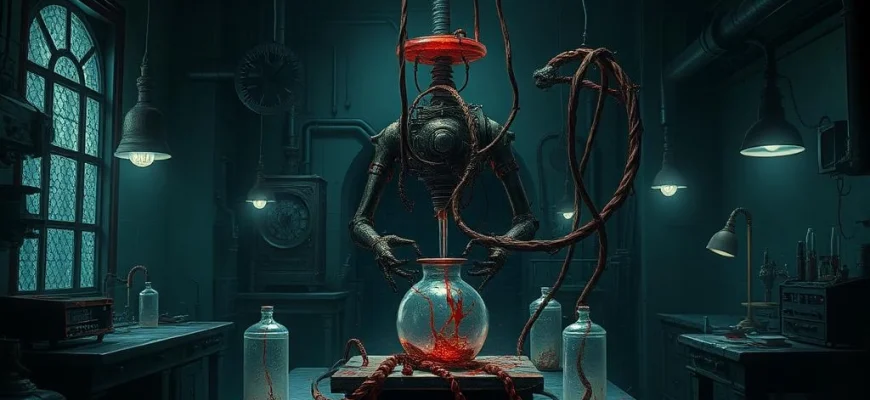If you loved the grotesque creativity and relentless horror of 'Frankenstein’s Army' (2013), you're in for a treat. This article explores 10 similarly chilling movies and shows that blend body horror, steampunk aesthetics, and relentless action. Whether you're a fan of twisted experiments or wartime horror, these picks will satisfy your craving for more macabre thrills.
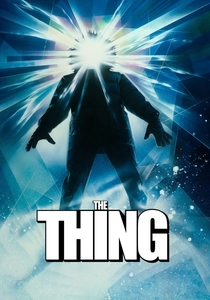
The Thing (1982)
Description: A masterpiece of body horror with grotesque, biomechanical creatures that mutate and assimilate their victims. The paranoia and visceral practical effects create a similarly unsettling atmosphere.
Fact: The film was initially a box office flop but later gained cult status. The special effects were so realistic that they reportedly made crew members vomit during filming.
 Watch Now
Watch Now 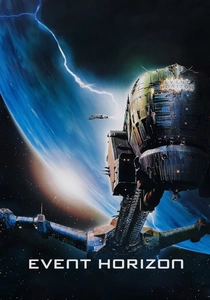
Event Horizon (1997)
Description: A sci-fi horror blending grotesque body horror with a hellish, otherworldly setting. The film's nightmarish visuals and relentless dread mirror the reference's tone.
Fact: The original cut was over 130 minutes, but much of the gore was removed for the theatrical release. The script was inspired by real theories about black holes and alternate dimensions.
 Watch Now
Watch Now 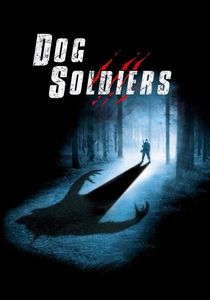
Dog Soldiers (2002)
Description: A gritty, action-packed werewolf film with a focus on practical effects and relentless creature attacks. The military vs. monsters premise and chaotic energy align closely with the reference.
Fact: The film was shot in just 30 days on a tight budget. The werewolf suits were so heavy that actors could only wear them for short periods.
 Watch Now
Watch Now 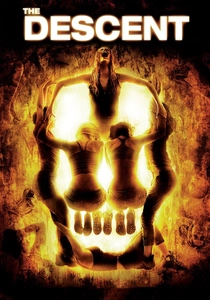
The Descent (2005)
Description: A claustrophobic horror film featuring grotesque, humanoid creatures lurking in the dark, similar to the monstrous creations in the reference. The underground setting amplifies the sense of dread and isolation.
Fact: The actresses performed many of their own stunts, including crawling through tight spaces. The film was shot in sequence to enhance the actors' growing exhaustion and fear.
 Watch Now
Watch Now 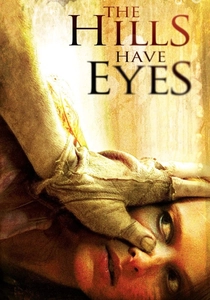
The Hills Have Eyes (2006)
Description: A brutal survival horror with mutated, cannibalistic antagonists. The film's relentless violence and grotesque character designs share the same visceral impact.
Fact: The remake was shot in Morocco, standing in for the American Southwest. The mutants' makeup took up to 6 hours to apply each day.
 Watch Now
Watch Now 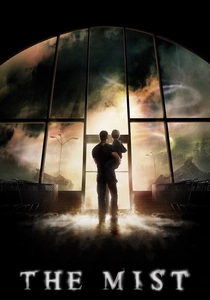
The Mist (2007)
Description: A tense, creature-filled horror with Lovecraftian monsters and a bleak, hopeless atmosphere. The film's emphasis on grotesque, otherworldly beings and human desperation aligns closely.
Fact: The film features one of the most shocking endings in horror history. Frank Darabont insisted on shooting in black-and-white for the DVD release to mimic classic monster movies.
 Watch Now
Watch Now 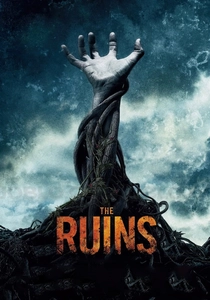
The Ruins (2008)
Description: A survival horror with a unique, grotesque threat in the form of sentient, carnivorous vines. The film's relentless tension and body horror elements create a similarly unsettling experience.
Fact: The film was shot in Australia, standing in for Mexico. The vines were a combination of practical effects and CGI to enhance their eerie movements.
 Watch Now
Watch Now 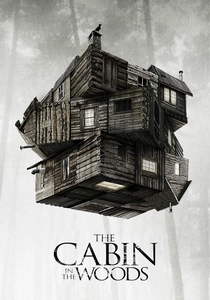
The Cabin in the Woods (2012)
Description: A meta-horror film featuring a variety of grotesque creatures, including some with biomechanical designs. The film's blend of horror and dark humor shares a similar chaotic energy.
Fact: The film was shelved for nearly three years due to MGM's financial troubles. The script was written in just three days as a creative exercise.
 Watch Now
Watch Now 
Overlord (2018)
Description: Blends WWII action with body horror, showcasing grotesque, Nazi-engineered monstrosities. The film's gritty aesthetic and relentless tension mirror the chaotic, nightmarish tone of the reference.
Fact: The film was originally conceived as a Cloverfield sequel but became a standalone project. Practical effects were heavily used to create the gruesome transformations.
 Watch Now
Watch Now 
Baskin (2015)
Description: A surreal, nightmarish descent into hellish brutality, featuring grotesque, otherworldly beings. The film's unrelenting grim tone and visceral horror evoke a similar sense of dread.
Fact: The film was inspired by a real-life Turkish urban legend. Director Can Evrenol used his childhood nightmares as a primary influence for the story.
 Watch Now
Watch Now 
